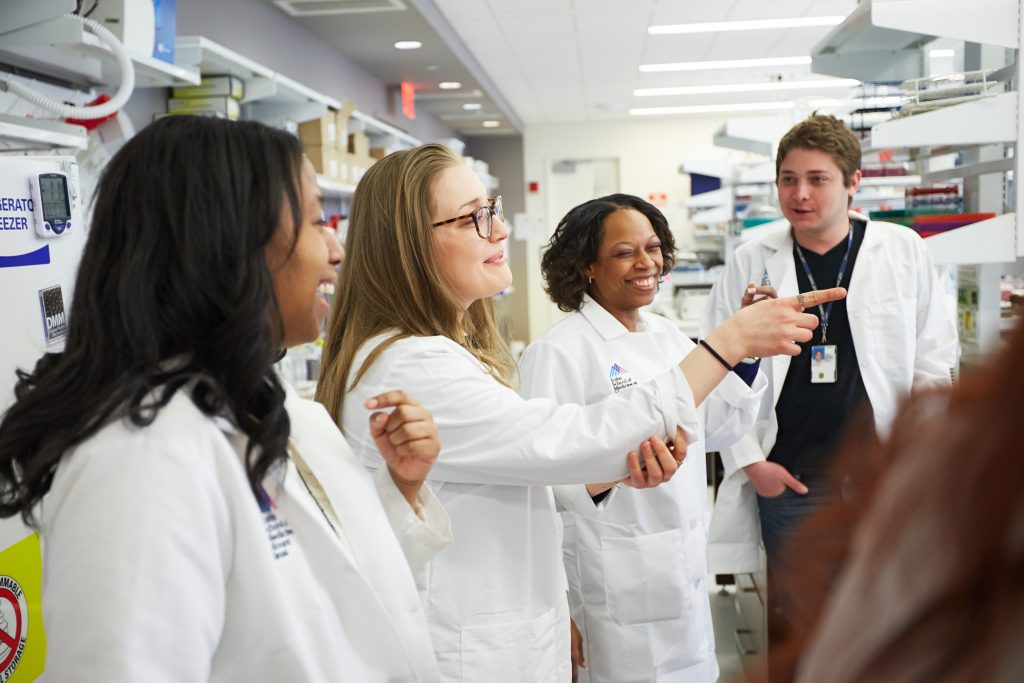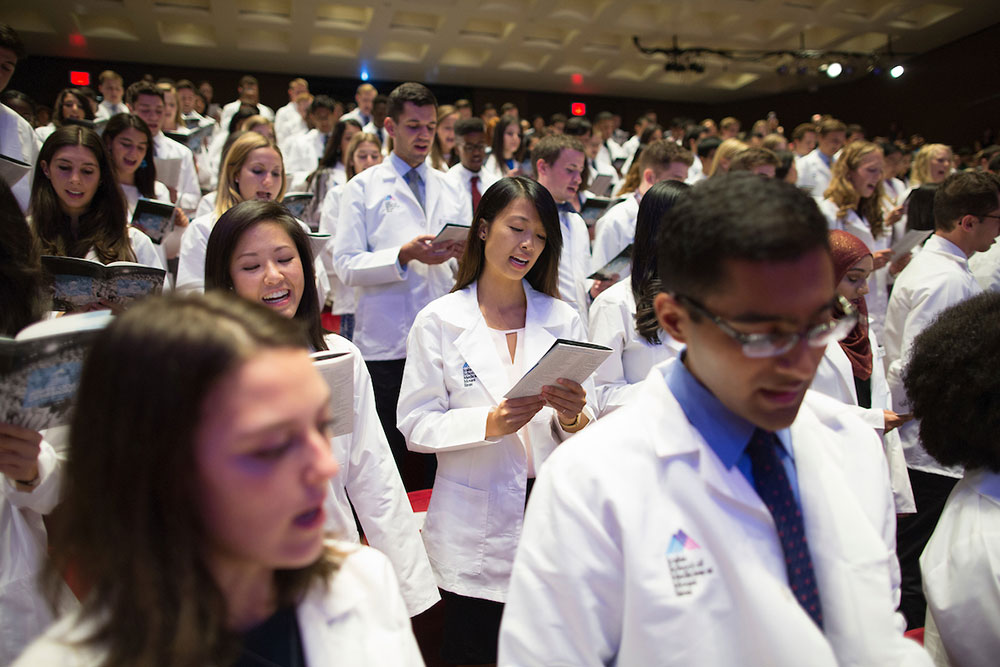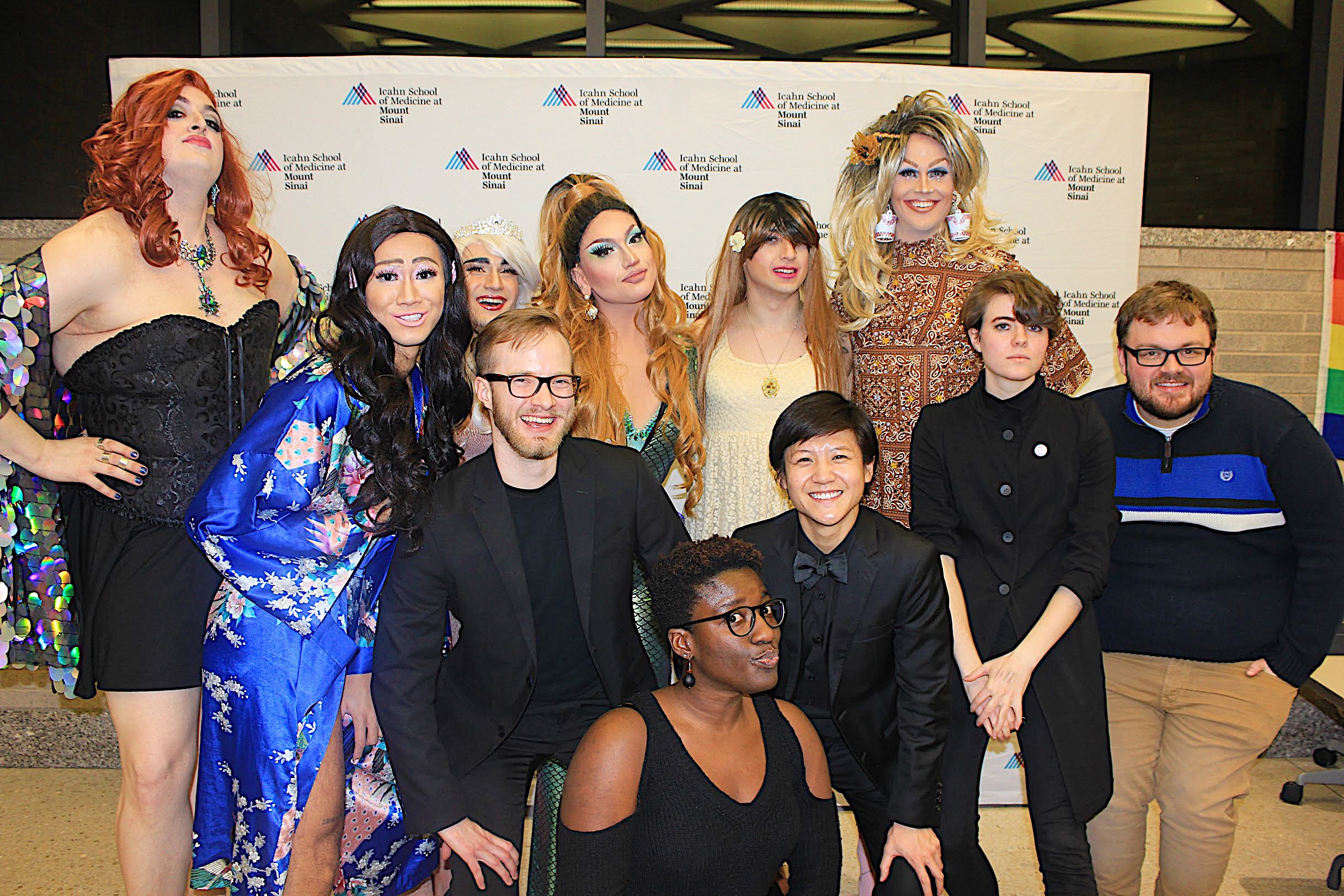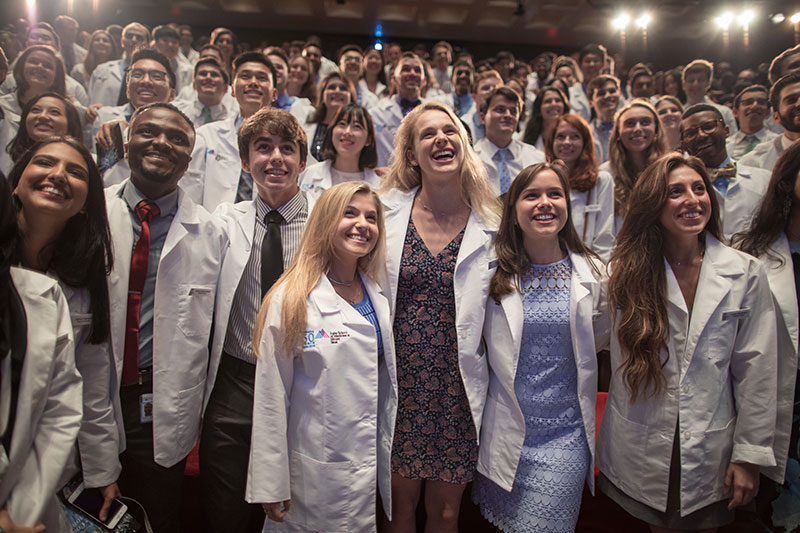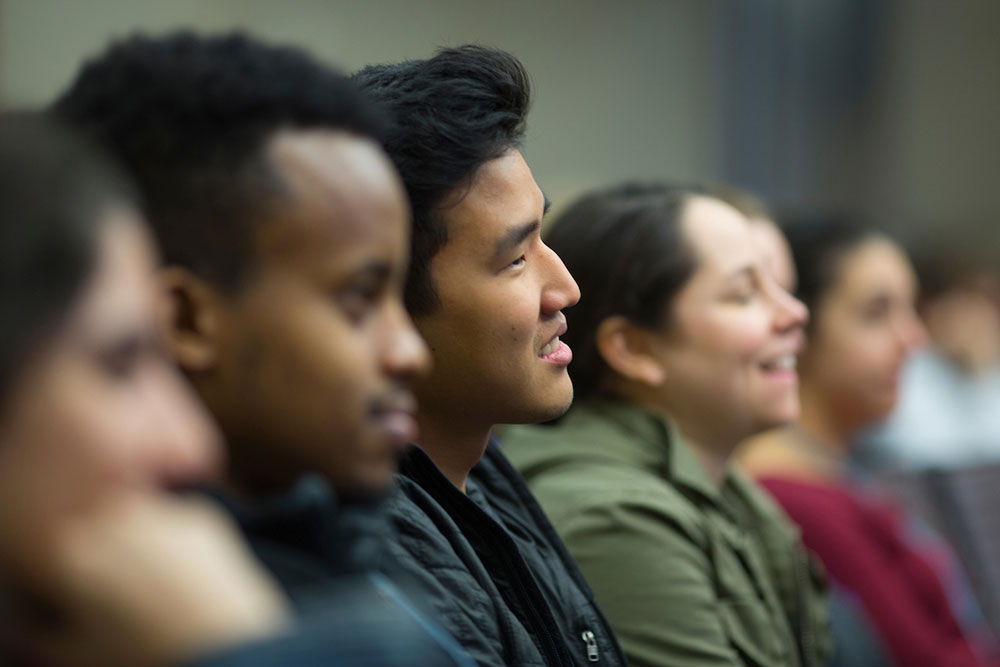We invited positive psychology practitioner, Jordyn Feingold, MAPP to share her tips on improving well-being while in medical school. Jordyn, in a week-long series, will explore the concepts of REVAMP—a novel approach to well-being. Here, she discusses the first element of the model: relationships.
The first and arguably most important step to REVAMPing our well-being includes prioritizing positive relationships* during medical school.
I find it useful to think about three different types of relationships including:
1) Intimate relationships with close friends and loved ones
2) Workplace relationships with colleagues, peers, mentors, and patients
3) Our relationship with ourselves
Intimate Relationships
Extensive research has pointed to the stratospheric benefits of close personal relationships in our daily lives. Personal relationships have been shown to enhance daily positive emotions and life experiences, improve goal attainment, reduce anxiety and depression during stressful times—which are inevitable in medical school.
Close partners may also reinforce each other’s personal development and ideal self-image. Psychologists call this the Michelangelo phenomenon. The theory—named after Renaissance artist Michelangelo, who believed it was the sculptor’s job to release an ideal figure from a block of stone—suggests that partners who perceive and treat each other as their ideal selves, helping one another actualize this version of their selves.

In healthy relationships, each partner encourages the other to become the best versions of themselves and offer social support.
Confiding in loved ones, cultivating and maintaining relationships with family and friends outside of the medical landscape, and avoiding toxic, unhealthy relationships can maximize the benefits of social support. While medical school leaves little time to do anything besides work and sleep, prioritizing social connections and engaging in mutual self-improvement with close partners can enhance our well-being.
Workplace Relationships
In medical school, there are complex relationships between students, trainees, practicing physicians, and others. Forming positive workplace relationships contribute to a healthy workplace, patient safety, and the well-being of team members.
Research demonstrates that high-quality relationships in the workplace are formed when there is mutual positive regard that enlivens colleagues. High-quality relationships exist when there is:
- Respectful engagement—reinforce a person’s value and worth
- Empowerment—delegate tasks and enable a person to achieve success
- Trust—convey your belief in a person’s success and work ethic
- Play—find ways to have fun, even in serious environments
Ultimately, the attitudes and practices that we bring to our colleagues can transform an entire team’s experiences. As medical students, we can consciously work toward achieving high quality connections and be exemplars for everyone we work with.
Relationships with Ourselves
As medical students experience the pressures of faultless performance, meticulous attention to detail, and the highest levels of competency—both inside the classroom and in the clinical setting—self-compassion is just as important to becoming doctors as is the compassion we show for our patients.
Self-compassion entails three main components including:
1) Self-kindness versus self-judgment
2) Common humanity versus isolation
3) Mindfulness versus over-identification with other’s suffering
Self-compassion involves taking a balanced approach to negative emotions; allowing ourselves to fully experience our emotions, while being mindful and objective. Studies show that self-compassion buffers against anxiety in self-evaluative situations, and reduces self-criticism, depression, anxiety, rumination, thought suppression, and neurotic perfectionism.
We are our own toughest critics. Our own negative thoughts can fuel burnout and even depression. I urge you all to check-in and re-frame that negative voice that we all experience now and then. Treat yourself like you would treat your best friend. Forgive yourself often. Help yourself first in order to be the best doctor for your patients.
*IcahnBeWell—the student-run wellness program at the Icahn School of Medicine at Mount Sinai—provides resources for emotional and professional well-being.
Contact IcahnBeWell for more information.
ABOUT THE AUTHOR
 Jordyn Feingold is a first-year medical student at the Icahn School of Medicine. She is passionate about integrating the science of well-being into medicine and creating cultures that enable practitioners and patients to thrive. Jordyn completed her undergraduate studies in Health and Societies as well as her Master’s of Applied Positive Psychology (MAPP) at the University of Pennsylvania. For more information about positive psychology or the REVAMP theory, reach out to her at: Jordyn.Feingold@icahn.mssm.edu.
Jordyn Feingold is a first-year medical student at the Icahn School of Medicine. She is passionate about integrating the science of well-being into medicine and creating cultures that enable practitioners and patients to thrive. Jordyn completed her undergraduate studies in Health and Societies as well as her Master’s of Applied Positive Psychology (MAPP) at the University of Pennsylvania. For more information about positive psychology or the REVAMP theory, reach out to her at: Jordyn.Feingold@icahn.mssm.edu.


